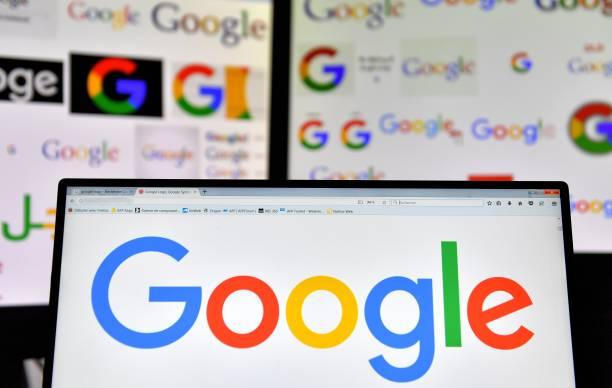Google agreed to settle a potentially $5 billion lawsuit alleging that the tech giant collected data of internet users when they browsed in “private” mode on Google’s Chrome or other browsers.
The class-action lawsuit was filed in 2020 by five plaintiffs, covering millions of Google users. It accused the company of tracking user activity even after they set Google’s Chrome browser to “Incognito” mode. The complaint alleged that this tracking was also done when using the “private” browsing mode in other browsers. As such, when a user visits a website containing Google’s Analytics or other codes via any browser, the tech company collects private information like IP address and location data despite being on “private” browsing, the lawsuit alleged.





